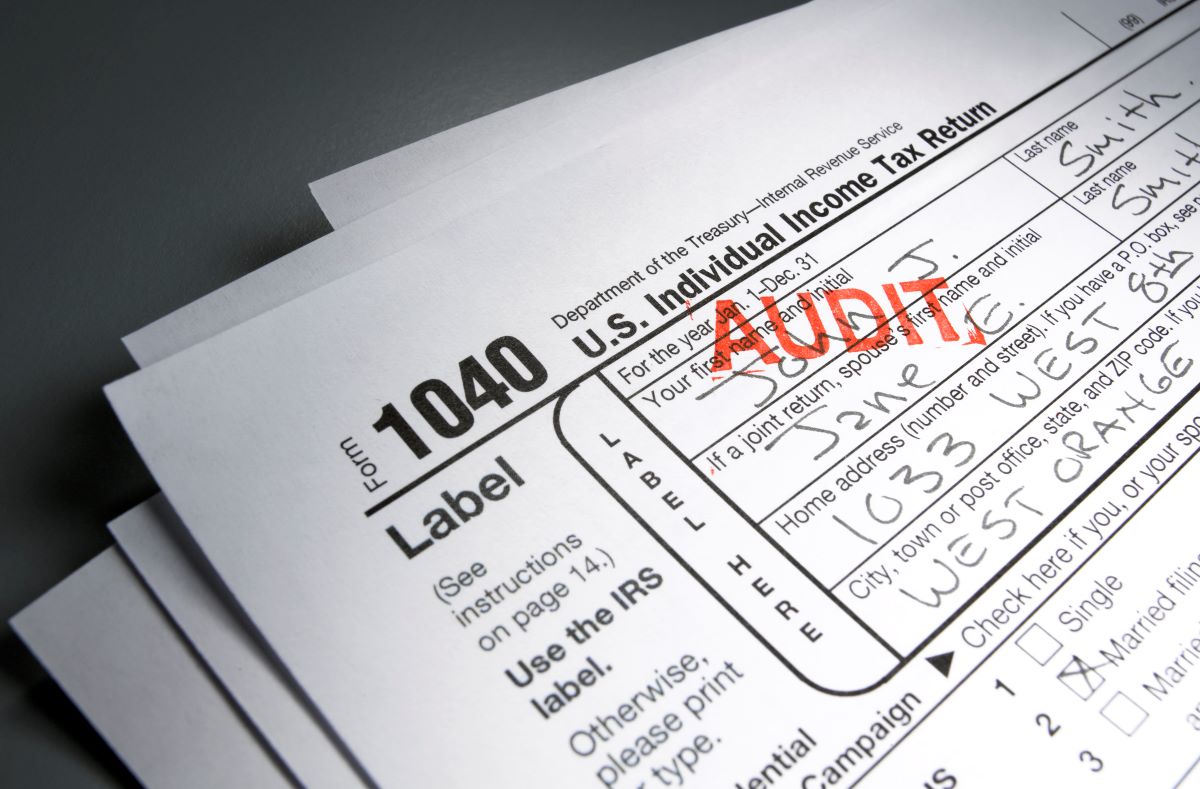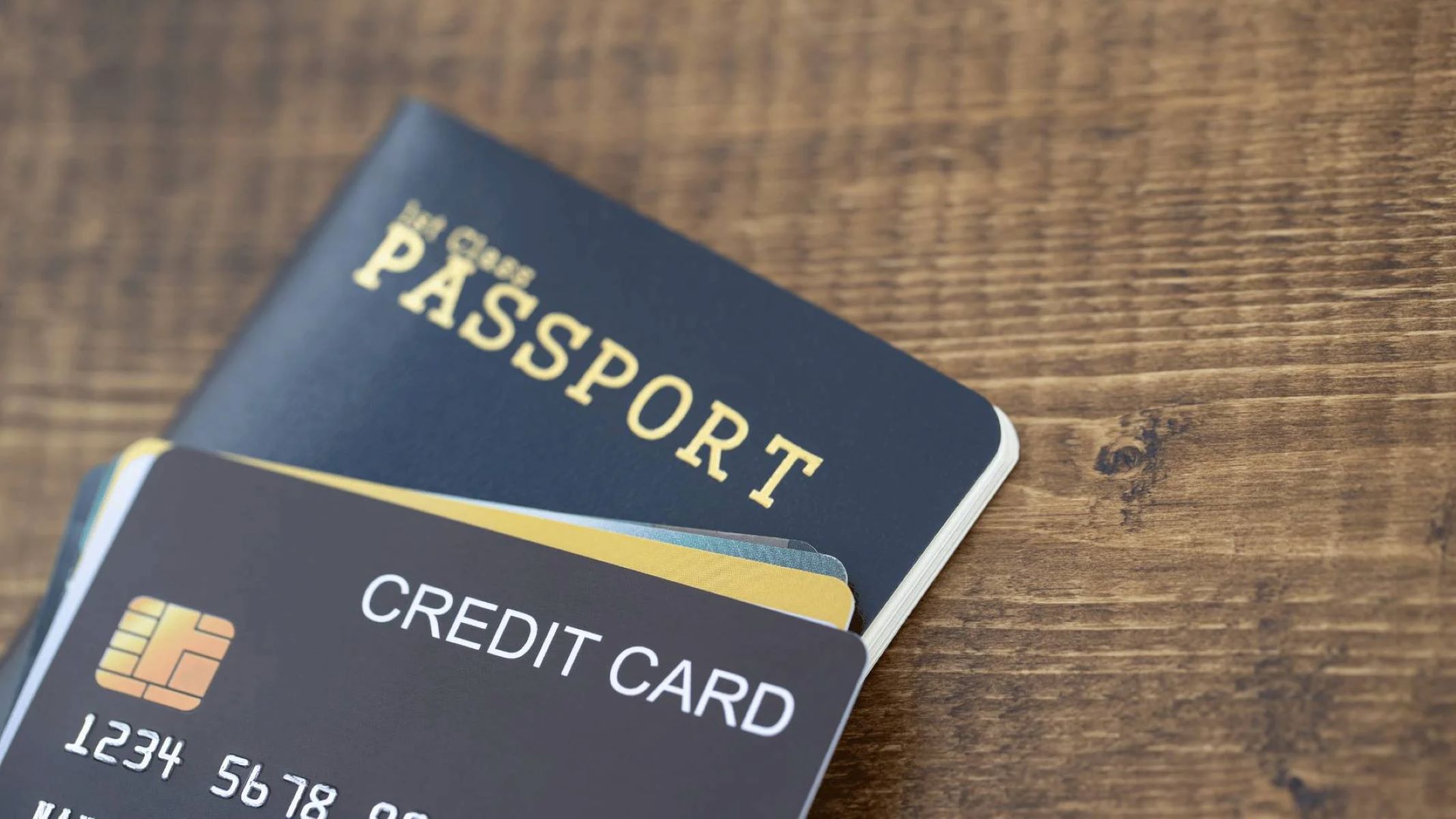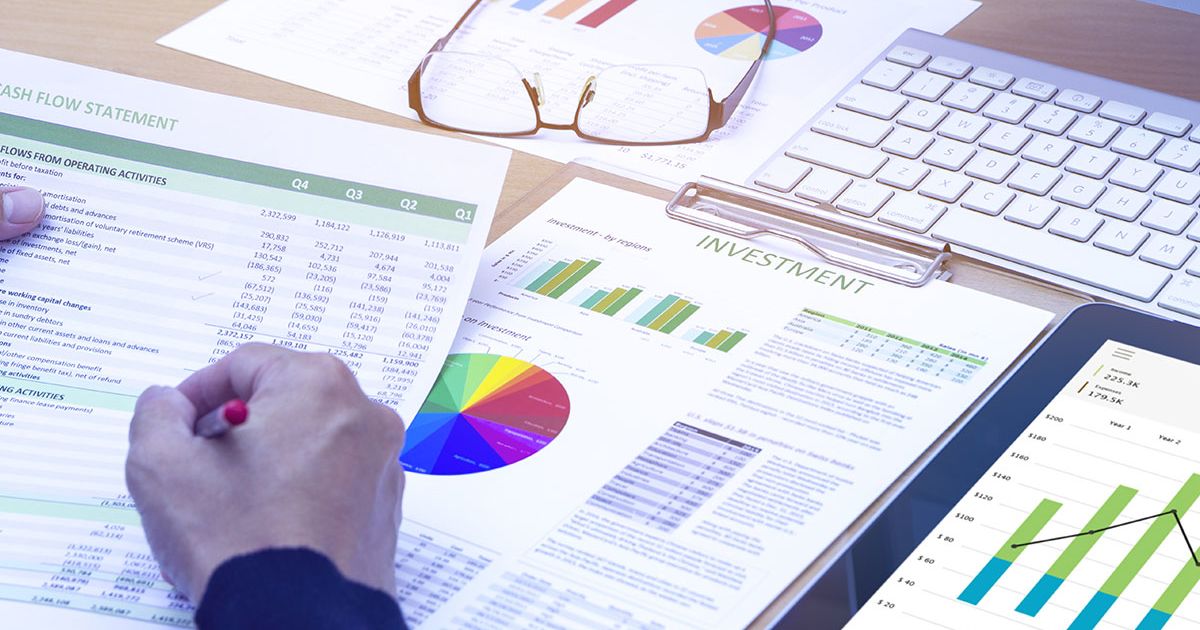

Finance
Traveling Auditor Definition
Published: February 11, 2024
Discover the essential role of a traveling auditor in the world of finance. Gain insights into their responsibilities, skills, and importance in ensuring financial compliance and accuracy.
(Many of the links in this article redirect to a specific reviewed product. Your purchase of these products through affiliate links helps to generate commission for LiveWell, at no extra cost. Learn more)
Understanding the Role of a Traveling Auditor
Finance is a diverse field that encompasses various roles and responsibilities. One such role is that of a traveling auditor. A traveling auditor is an expert in financial analysis and auditing who travels to different locations to assess the financial records and systems of organizations. In this blog post, we will dive deeper into the world of traveling auditors and understand their importance in the finance industry.
Key Takeaways:
- Traveling auditors play a crucial role in assessing financial records and systems of organizations.
- They are equipped with expertise in financial analysis and auditing, ensuring compliance and identifying areas for improvement.
What Does a Traveling Auditor Do?
A traveling auditor’s primary responsibility is to verify and analyze an organization’s financial records. They visit various locations, such as branch offices or subsidiaries, to ensure that financial transactions are accurately recorded and comply with industry regulations. Here’s an overview of their duties:
- Financial Auditing: Traveling auditors conduct comprehensive audits of financial statements, internal controls, and financial processes. They examine documents, such as balance sheets, income statements, and receipts, to ensure accuracy and compliance.
- Compliance Assessment: They evaluate an organization’s adherence to legal and regulatory requirements. Traveling auditors identify areas of non-compliance and recommend corrective actions to mitigate risks.
- Risk Assessment: They assess potential risks and vulnerabilities in an organization’s financial systems and processes. By identifying weaknesses, they help mitigate risks and ensure financial stability.
- Process Improvement: Traveling auditors suggest strategies to enhance financial systems and processes, increasing efficiency and minimizing the chances of errors or fraud.
- Reporting and Documentation: They prepare detailed reports highlighting their findings and recommendations. These reports provide valuable insights to management, enabling informed decision-making.
Skills Required to be a Traveling Auditor
Being a traveling auditor requires a unique set of skills and attributes. Here are some essential skills that contribute to a successful career as a traveling auditor:
- Analytical Skills: Traveling auditors must possess strong analytical skills to assess complex financial data and identify patterns, trends, and potential risks.
- Attention to Detail: They need to pay meticulous attention to detail to ensure accuracy in financial records and identify any discrepancies.
- Communication Skills: Effective communication skills are vital for interacting with various stakeholders, including management and staff, and presenting audit findings and recommendations.
- Time Management: Traveling auditors work in a dynamic environment with tight schedules. Efficient time management ensures they meet deadlines and complete audits effectively.
- Integrity and Ethics: Traveling auditors deal with sensitive financial information. Upholding integrity and ethical conduct is essential to maintain trust and confidentiality.
Why Traveling Auditors are Important in Finance
Traveling auditors play a vital role in the finance industry for several reasons:
- Compliance: They ensure that organizations operate within the boundaries of laws and regulations, reducing the risk of penalties and legal issues.
- Risk Mitigation: Traveling auditors help identify potential risks in financial systems and processes, allowing organizations to take proactive measures to mitigate them.
- Financial Accuracy: By meticulously examining financial records, they ensure accuracy in financial reporting, providing stakeholders with reliable information for decision-making.
- Process Improvement: Traveling auditors suggest ways to enhance financial systems and processes, leading to increased efficiency and reduced chances of errors or fraud.
- Fraud Detection: They have expertise in identifying patterns and anomalies that may indicate fraudulent activities, protecting organizations from financial losses.
In Conclusion
Traveling auditors are highly skilled professionals who play a crucial role in the finance industry. Their expertise in financial analysis, compliance assessment, risk mitigation, and process improvement ensures the financial stability and success of organizations. By thoroughly examining financial records, they provide valuable insights to key stakeholders, enabling informed decision-making. As key players in maintaining financial accuracy and integrity, traveling auditors remain an indispensable asset to the finance world.
Thank you for reading this blog post on the role of a traveling auditor in finance. If you found this information valuable, be sure to explore our other finance-related articles to enhance your understanding of this dynamic field.














